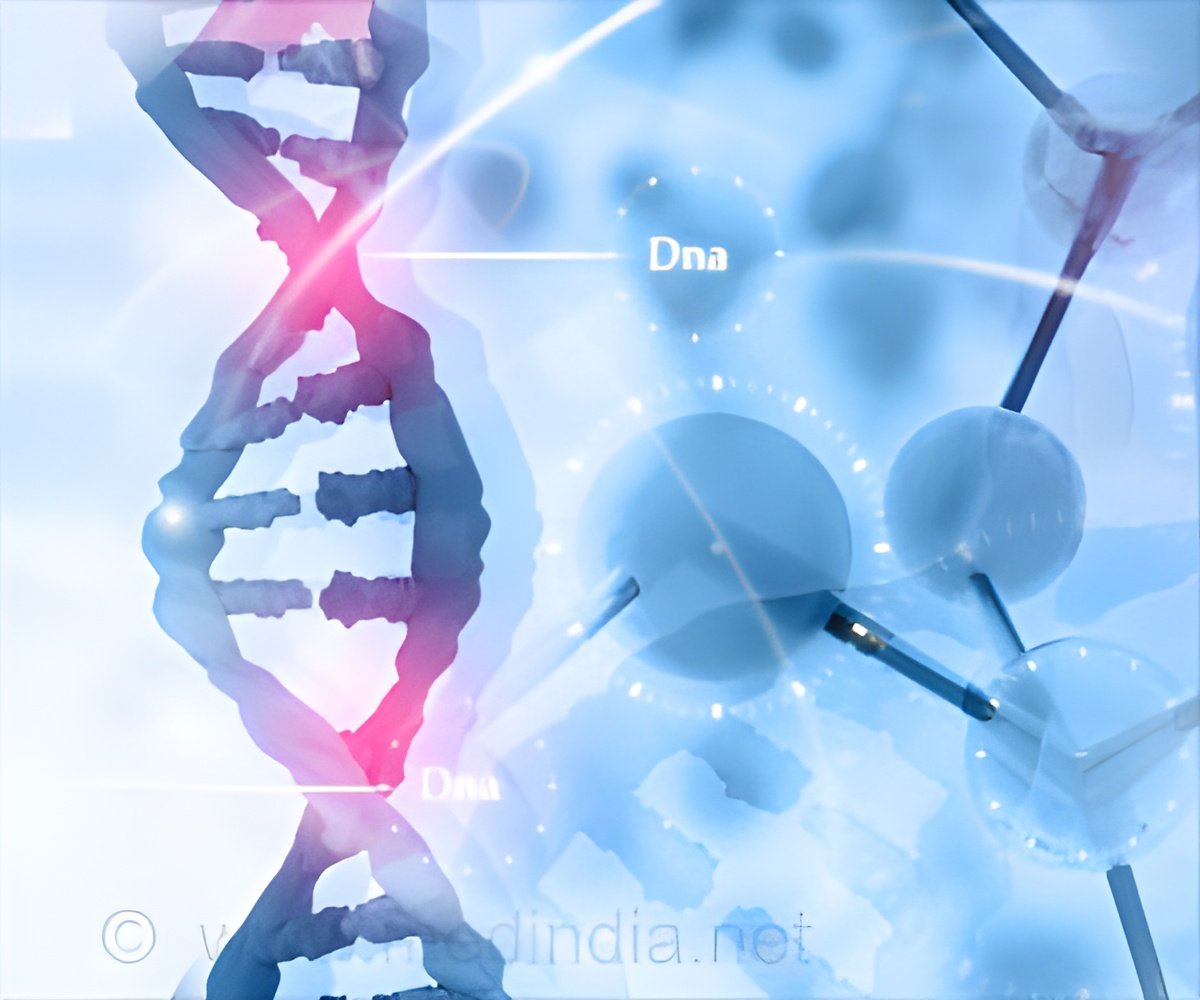Is it possible to treat the genetic disease effectively? Initiating therapy during fetal development may give better outcomes than typical post-birth treatment.

Expanding Repertoire of Fetal Therapies in New Direction
As new treatments become available for children with genetic conditions, researchers are developing protocols to apply them before birth. The child’s disorder, infantile-onset Pompe disease, is one of several lysosomal storage diseases that begin to cause severe damage to major organs, such as the heart, before birth. By initiating enzyme replacement therapy during fetal development, physicians aimed for better outcomes than are typical with post-birth treatment—outcomes that can include death in early childhood, very low muscle tone, or ventilator dependency.‘Treating a fetus with a genetic disease before birth using intrauterine enzyme replacement therapy can successfully treat the disease compared to treatment given after birth.’





After six prenatal enzyme replacement treatments at The Ottawa Hospital, the child, Ayla, was born at term. She is receiving postnatal enzyme therapy and doing well at 16 months of age. She has normal cardiac and motor function and is meeting developmental milestones.Enzyme replacement therapy is a new frontier in the field of fetal therapy: and it is a special privilege to expand the technologies and treatments available to help families facing a difficult diagnosis during pregnancy.
New Big Step Forward for Fetal Therapy
Babies born with infantile-onset Pompe disease typically have enlarged hearts and die within two years if untreated. The disease is very rare, seen in less than 1/100,000 live births, and is caused by mutations in a gene that makes acid alpha-glucosidase, an enzyme that breaks down glycogen. Without it or with limited amounts, glycogen accumulates dangerously in the body.The ability to offer a new treatment opportunity to this family and potentially change the course of this difficult disease has made this collaboration and project groundbreaking. Intrauterine therapy represents a new frontier for patients with Pompe disease.
Researchers hope the success of this first application and publication of the case study will increase awareness of the clinical trial among parents at known risk of passing on these diseases and the physicians who treat them.
Advertisement








